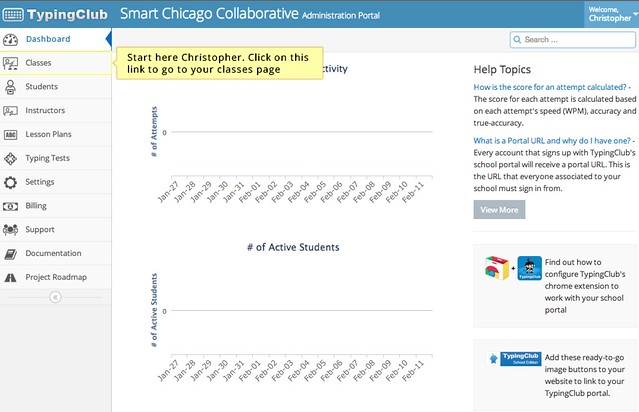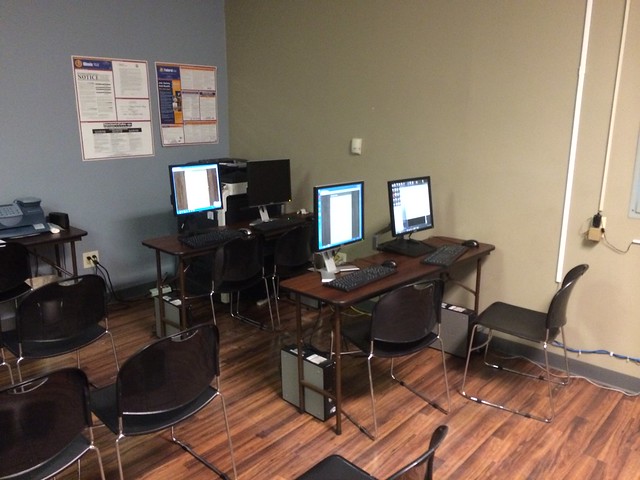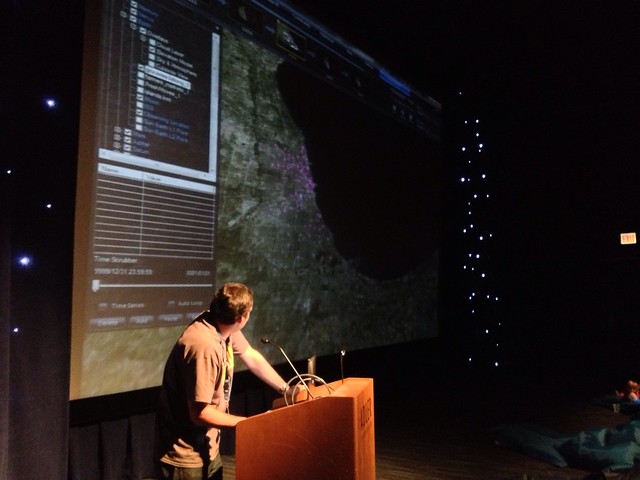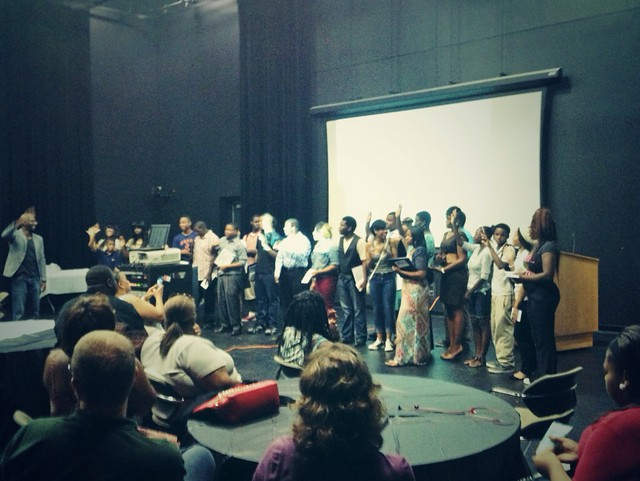In this morning’s Connect Chicago meetup, we’ll cover issues around seniors and technology.
Live stream will start at 11:00am right here on this blog post. Meeting notes are here.
Digital skills for all is one of the three main areas of our work at Smart Chicago. Our vision is that there is a cohesive trainer network in Chicago that delivers the right training at the right time to the right person. We have a number of programs that support digital skills, including Connect Chicago, the Chicago School of Data, CUTGroup, #CivicSummer, and all of our work under the Hive Learning Network.
In this morning’s Connect Chicago meetup, we’ll cover issues around seniors and technology.
Live stream will start at 11:00am right here on this blog post. Meeting notes are here.
“Establish a smart community benchmark and toolkit for broadband access and use” is initiative four of the City of Chicago Tech Plan. the Connect Chicago program is an essential component of that initiative.
Rene Paccha works for the Spanish Coalition for Housing teaching digital skills to residents at their Pilsen and Southeast Chicago locations.
During the last Connect Chicago Meetup group, Rene described how he teaches beginners how to use the keyboard. We caught up with Rene in southeast Chicago during one of his tutoring sessions to talk about the tools that he uses to teach keyboarding .

“Establish a smart community benchmark and toolkit for broadband access and use” is initiative four of the City of Chicago Tech Plan. the Connect Chicago program is an essential component of that initiative.
At our last Connect Chicago meetup, Rene Paccha demonstrated some of the tools that he works with teaching digital skills to residents at their Pilsen and Southeast Chicago locations. One of these tools is YouCanBookMe, which Rene uses to let residents schedule training sessions.

At the first DataPotluck of the year, consultant and writer Q Ethan McCallum will explain how to put Hadoop to work for you, and how to use Elastic MapReduce (EMR), the hosted Hadoop solution provided by Amazon Web Services. McCallum will teach how EMR can help you get Hadoop in a hurry and on the cheap, without the costly cluster commitment.

Panoramic shot of the March Data Potluck meetup
You can RSVP for the event on the Data Potluck Meetup page.
Data Potluck is a meetup group run by Young-Jin Kim, Matt Gee, and Nicholas Mader that helps to connect the nonprofit and data science worlds. You can find more information about the group by checking out their page on Meetup.
This is the first time that Data Potluck will be held at the offices of the Chicago Community Trust, 225 North Michigan, where Smart Chicago is housed. I’m especially excited to see what kind of food shows up. Let’s do this.

This summer, the Adler also hosted a youth hackathon as part of National Day of Civic Hacking
On November 9th, the Adler Planetarium will be hosting an all girls hackathon for young women who are considering STEM careers called Girls Do Hack. This is the third hackathon in a series of hackathons that are being hosted by the Adler. Previous hackathons have included the Youth Civic Hack Day and Science Hack Day.
Participants will be divided in teams of four and paired with two mentors and will have the opportunity to explore a variety of things that can be done with a career in science and technology. These will include everything from hunting for exo-planets to mobile phone hacking.
High school students can register for the hackathon at the Adler’s website. Registration is free, but space is limited. Additionally, the Adler is looking for mentors to help the teams. If you’re interested in becoming a mentor, you can register here.
You can follow this event on Twitter and learn more about the Adler by following them on Twitter @adlerskywatch.

Englewood Codes Demo Day
In recent months, we’ve highlighted several efforts to teach young people how to code and about technology. These efforts have included Englewood Codes, Civic Summer, and Adler Planetarium’s Youth Hackathon. Smart Chicago is proud to have supported these efforts and looks forward to supporting more STEM (Science Technology Engineering and Math) programs like these in the future.
It’s vital that Chicago grows its own talent. According to the US Department of Labor, STEM jobs are projected to grow 17% over the next decade.